We're continuing last Wednesday's discussion on free camping with caravans. Because there are a bunch of issues to dig into... This Wednesday, we're thinking about "camping" versus "parking".
Table of contents
Camping or parking?
Last Wednesday we discussed this with all prohibition signs that come up. They try to comply with the off-road driving law - which states that you cannot drive a motor vehicle off-road - and so they try to park overnight in car parks on gravel or asphalt, but that's where they grow up... the prohibition signs! On the other hand, the prohibition signs usually say "no camping". But if I don't campar then ... without parked?
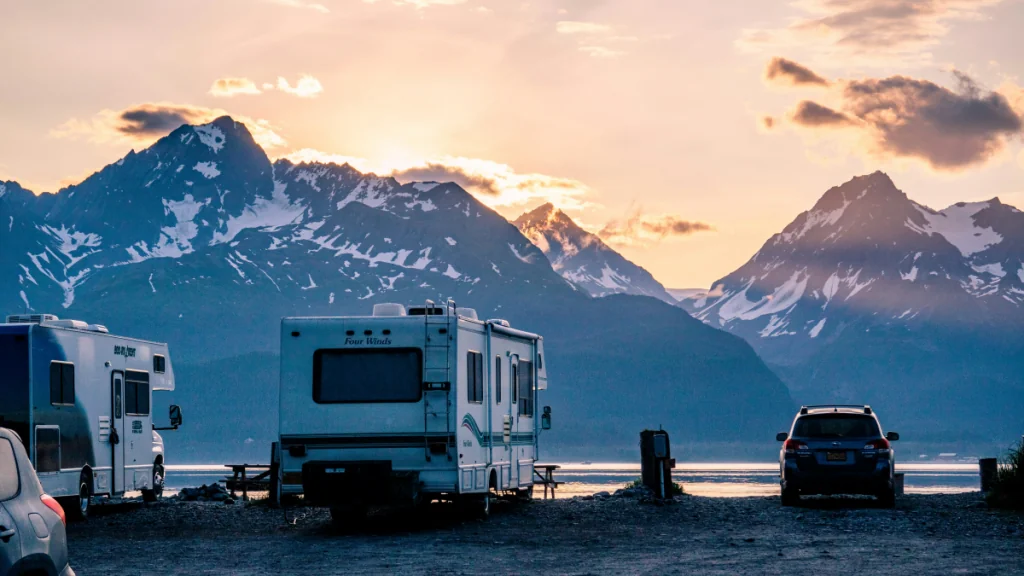
What is the difference between camping and parking?
The difference between camping and parking is probably not entirely clear, but it is quite common, in motorhome circles, to think that you camp first when you engages in camping behaviour, i.e. unfolding the step, rolling out the awning or lifting out the camping furniture.
In other words, if you just stop the car and close your eyes for a while, it's more like parking. This can be compared to the lorry driver (or the super-tired car driver) who needs to stop to sleep for a few hours.
According to the Swedish Environmental Protection Agency, you are allowed to stay for a maximum of 24 hours (and on weekends until the next weekday) in rest areas and signposted car parks on public roads. If you campar then or if you parked is debatable, but it is quite likely that you will doze off at some point.
In addition to the general 24-hour rule, other prohibitions and rules must also be taken into account, according to signs. Unfortunately, the signs are not always very clear...
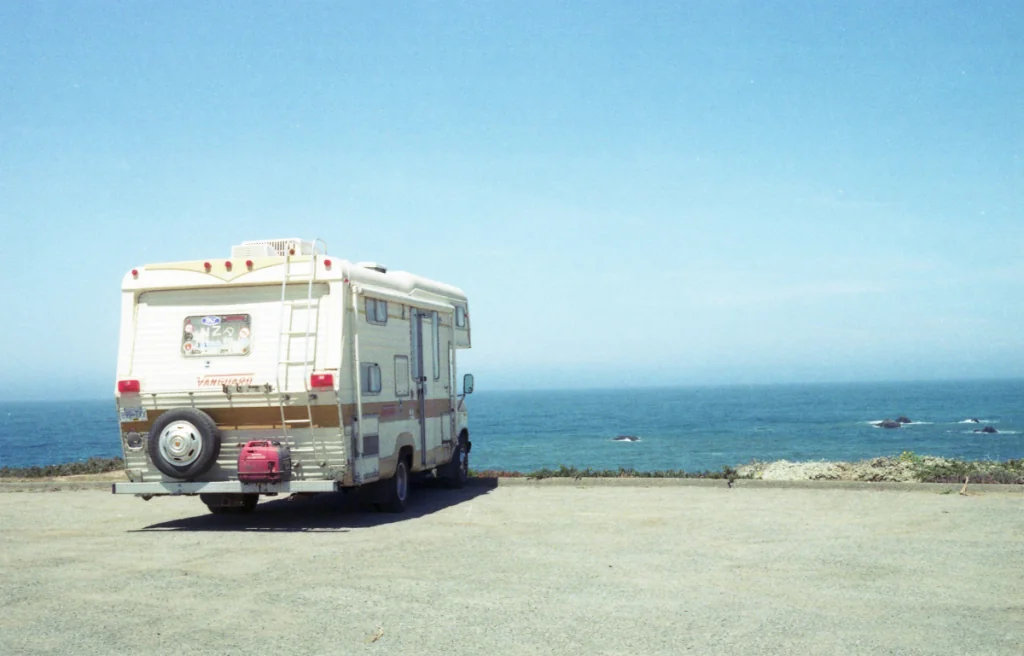
Fuzzy signs
The sign "Passenger cars only" actually means that most motorhomes (which are usually classed as "passenger car class 2") are also allowed to park. The sign "Passenger car class 1 only" effectively excludes motorhomes.
Another variant, which is relatively clear, is signs indicating the times at which you can park. That is, if you not allowed to park between 00:00 and 06:00 - well, then it is difficult to stay overnight regardless of whether you call it all parking or campsite.
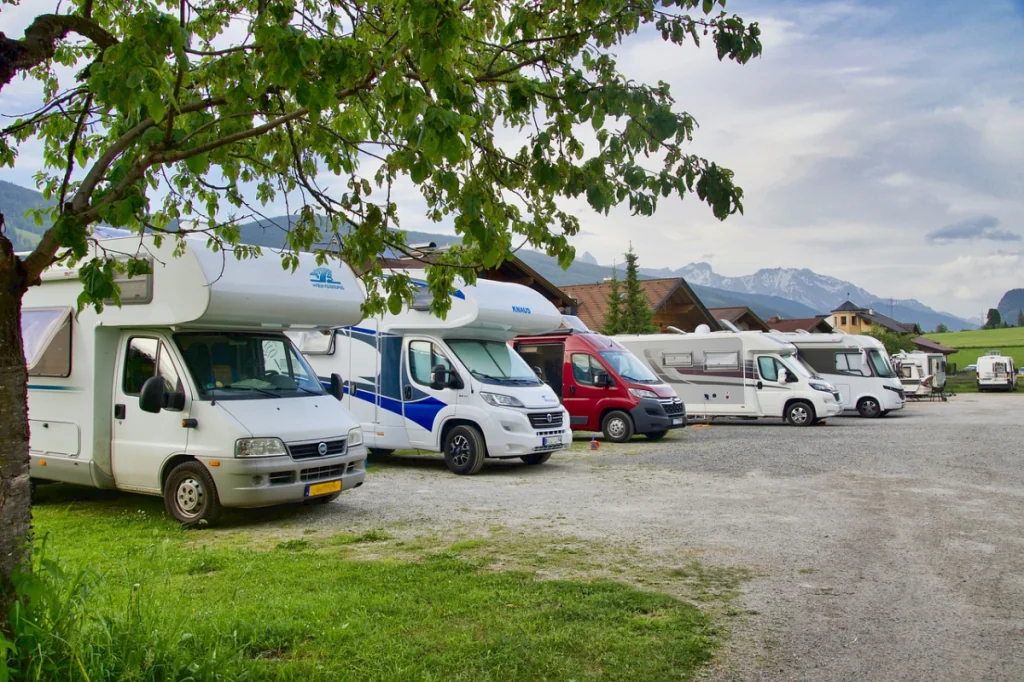
One sign that is unclear is the sign that reads "camping forbidden", sometimes accompanied by a crossed-out motorhome, a crossed-out caravan and a crossed-out tent. That is, you get park with a motorhome or caravan at this sign?
It would be reasonable to assume, for example, that you can park for three hours to go swimming, just like any other motorist. But where is the limit in that case? Can you park only during the day or also at night?
It is not generally forbidden to sleep in your car in Sweden (and since you should be in full working order when driving, it can sometimes be appropriate to sleep for a few hours! passenger car class 1 (normal passenger car) or in a passenger car class 2 (motorhome)?
Or is it camping behaviour (unfolding the step, rolling out the awning or taking out the outdoor furniture) that is prohibited?
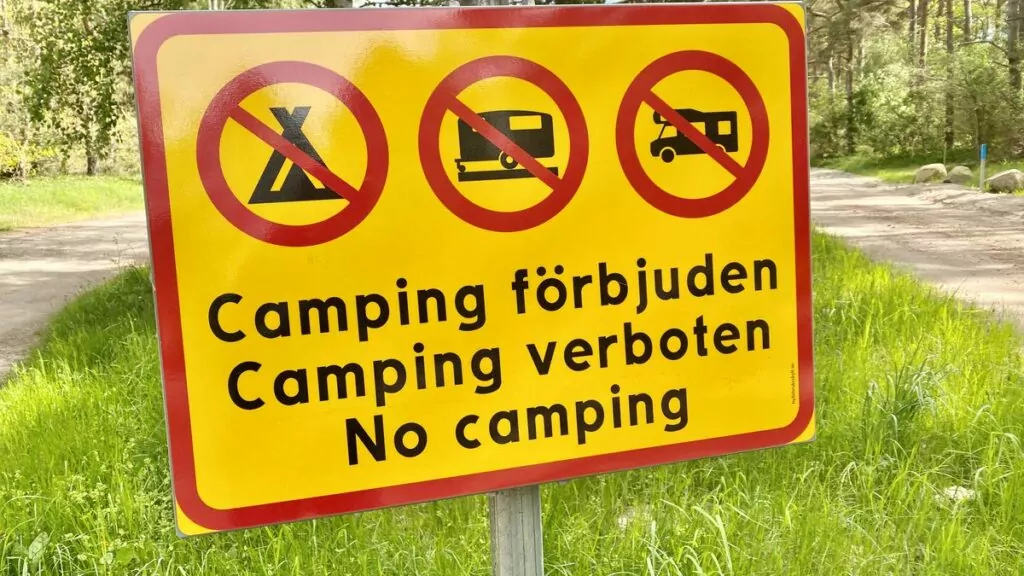
"We don't camp, we park"
It is often not It is not clear what the rules are, and we have heard a lot of different interpretations. We've even seen slips of paper saying "We're not camping, we're parking", which motorhome owners put in the window of their motorhome.
For ourselves, we may park for a few hours during the day in 'no camping' car parks if we need to, but we avoid 'camping' behaviour and we don't stay overnight either, simply because we don't feel welcome.
How do you think?
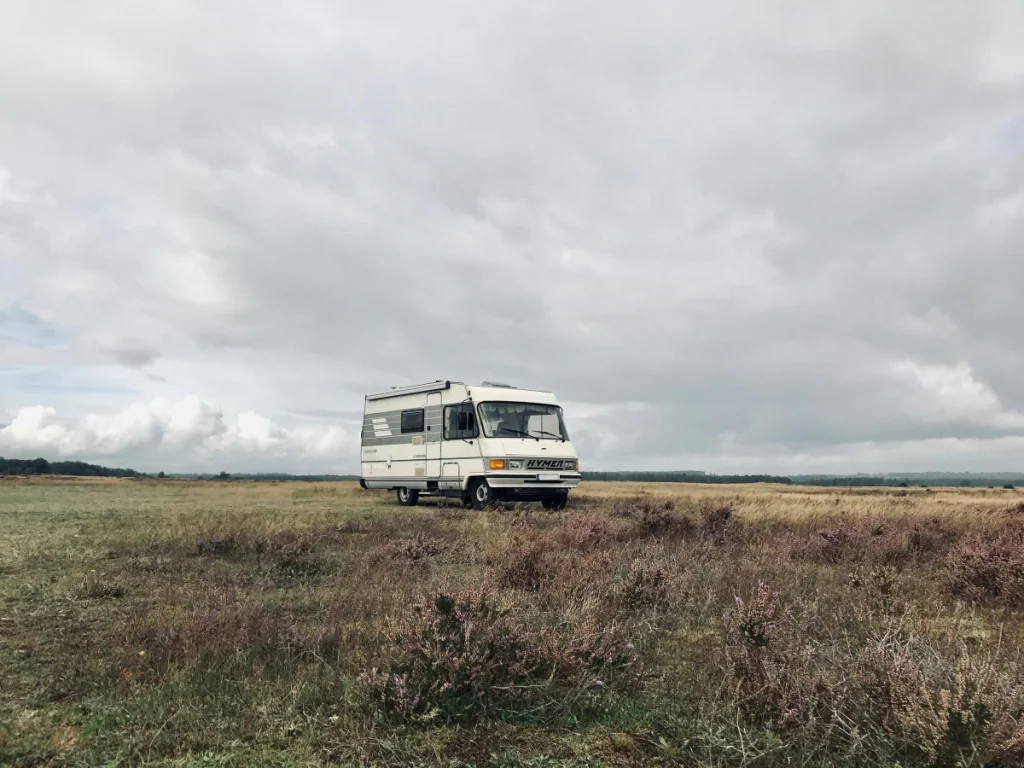


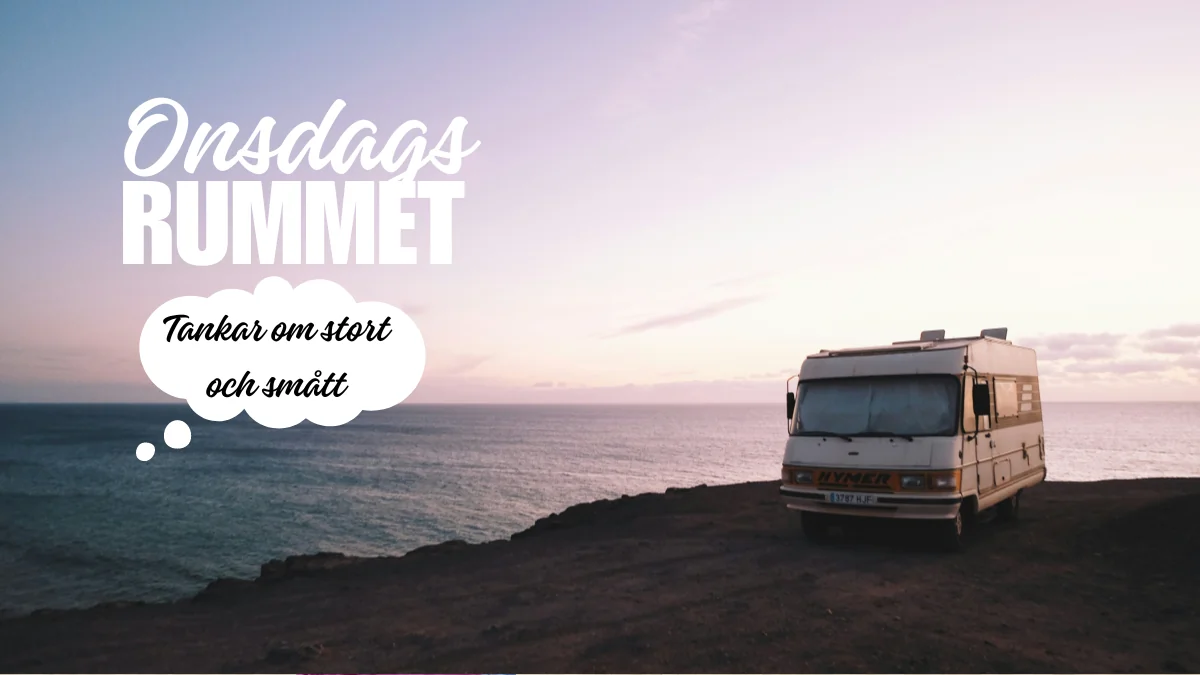









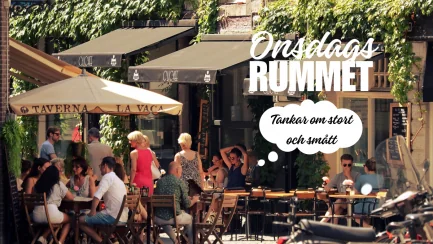

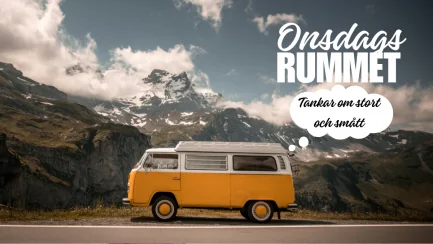



Anette and Stefan says:
We think like you. We follow the signs because we don't want anyone to bother us. And it doesn't feel welcoming to park in places with prohibition signs, even if they're unclear.
29 May 2024 - 7:12
Helena says:
You don't want to offend ... while it's boring with unclear rules (and escalating prohibition signs) Not always easy ...
29 May 2024 - 19:29
JoY says:
Yes, you have to pay more and more attention to all the signs that come up so you interpret them correctly. We also make sure not to have the footstep outside or side windows open, no chairs outside.
I remember we were in a free car park for motorhomes, marked and wide. Several people had taken out their chairs outside the cars and sunbathed. Understand that it is tempting to exhibit when the seats are wide. Right or wrong?
Right next to it was a large grassy area with tables and also a small beach. Maybe you can start bringing a blanket and crawl around on hihi.
29 May 2024 - 13:40
Helena says:
Yes, good question! If the pitches were specifically for motorhomes, I think many people take out the outdoor furniture, and I think few would object. But is it legally right? No idea actually... The alternative is of course to go to the beach 😉
29 May 2024 - 19:31
Svedström Håkan says:
I would like to see a clearer set of rules from the "top" about what should be considered camping and better official signs. Then we would perhaps avoid local rules and private signs. If everyone would then follow the regulations, I think there would be a better "climate" out there. If localities and municipalities would then arrange pitches a bit according to the German model, fewer people would "camp" where they should not.
30 May 2024 - 22:12